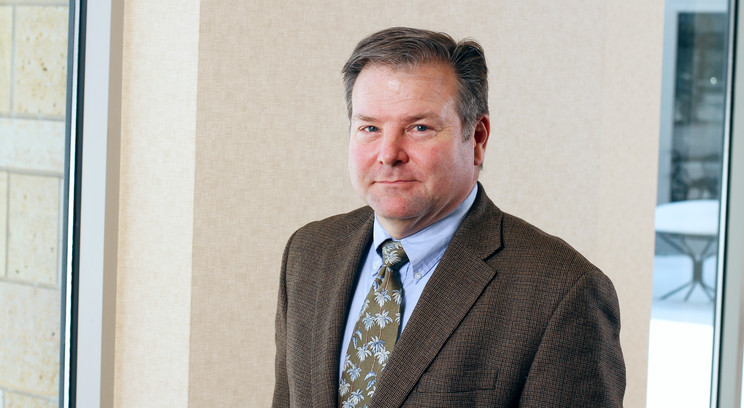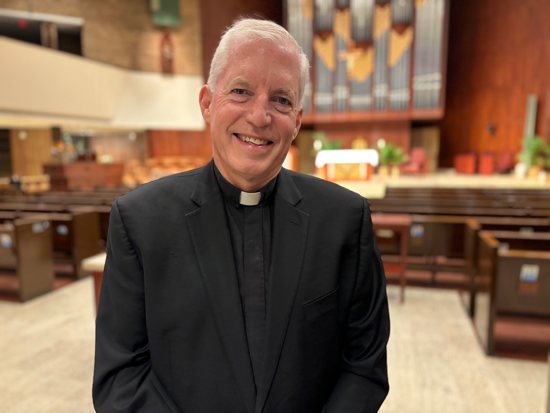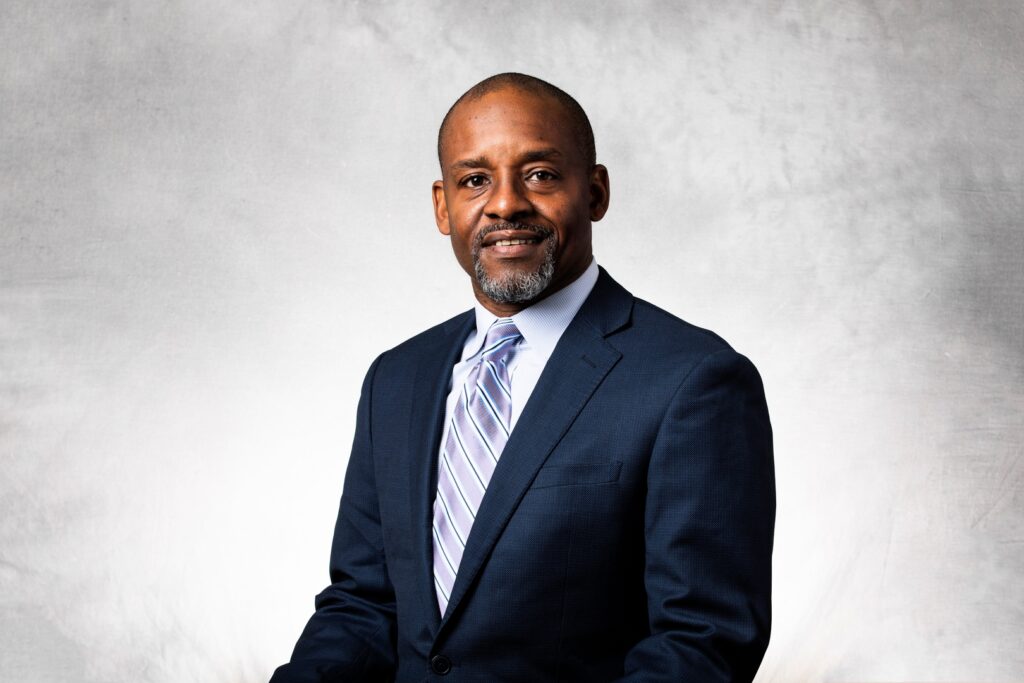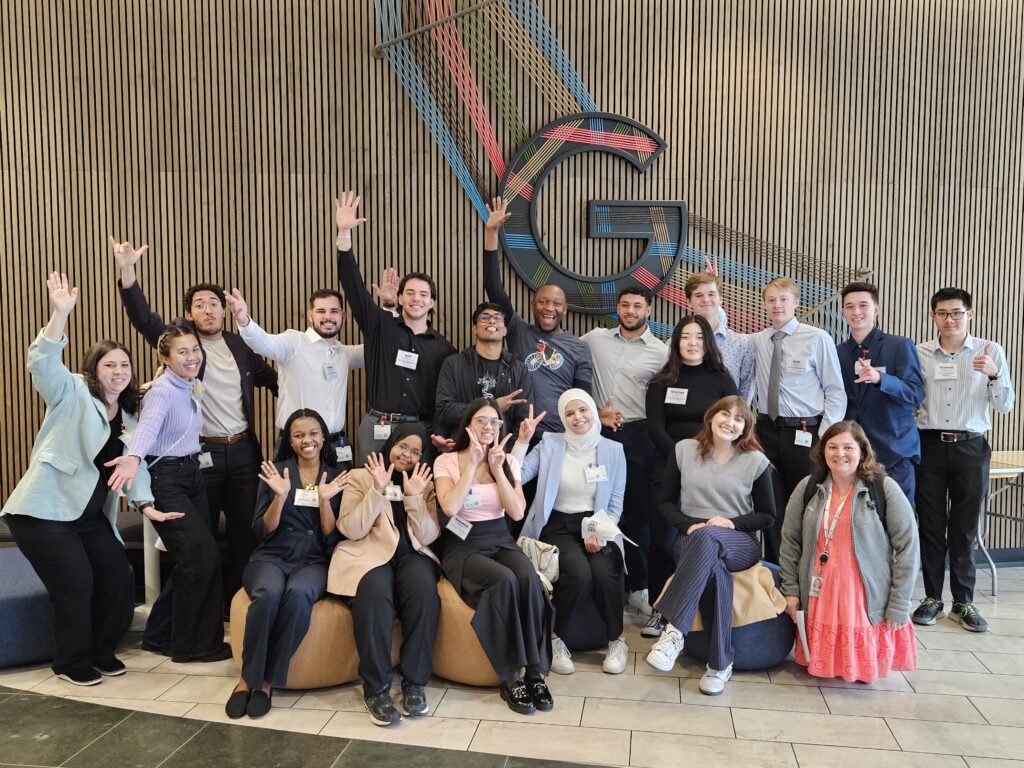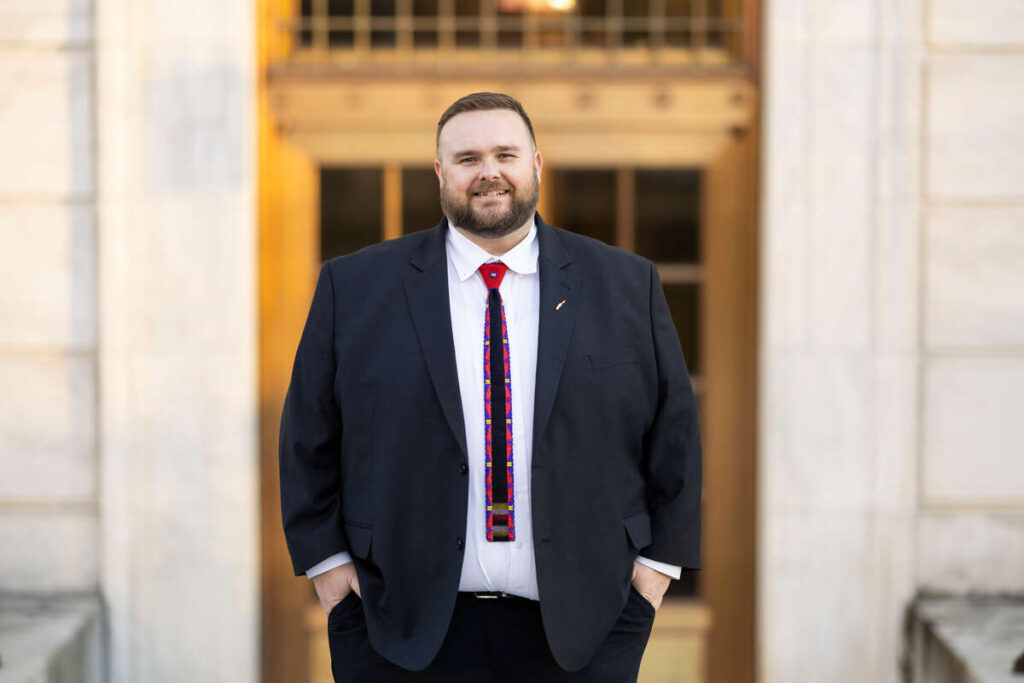The Public Relations Society of America (PRSA) designates September as Ethics Month for its members. As the ethics officer for Minnesota PRSA, my responsibilities to the chapter include advising the board of directors and serving as a guide for any member with ethics-oriented questions. This month represents a time to highlight for the greater business community the standards of professional practice those of us in PRSA commit to maintain as members.
The foundations of the PRSA Member Code of Ethics begin with shared values. Those that may be perceived as most important to those outside our organization are commitments to: Advocacy – to serve the public interest as advocates for the multiple stakeholders impacted by the actions of the organizations we serve; and Honesty – to adhere to the highest standard of accuracy and truth in the messages we deliver, at all times.
Can behavior in Social Media be policed? Who’s in charge if you can? Can there be an ethics code in such a wild and woolly atmosphere? Are there any ethical expectations in social media beyond those already described in the PRSA code of ethics?
These questions and more are considered in three podcasts about ethics and social media with Jim Lukaszewski, President of the Lukaszewski Group Division of Risdall Public Relations, and member of the PRSA national Board of Ethics and Professional Standards (BEPS) and Dr. Mike Porter, Director of the Master of Business Communication Program at the University of St. Thomas, and Ethics Officer for the Minnesota chapter of PRSA.
While the details of the our code would not make entertaining reading for the general public, they may care to understand that in practice, we maintain a commitment to assure information flows as freely and completely as possible to those who have a right to know. We also believe in the importance of keeping the lines of communication as free of bias as possible. This means actively avoiding conflicts of interest and completely disclosing our relationships when presenting information to the media or public.
Note that free “flow of information” and “appropriate disclosures” do not mean an obligation to divulge everything we know, as there are also commitments to safeguarding the confidences of our clients and employers. Even though the public may want to know some things, they may not have a right to the information (A public relations person at Apple may have known the date of the iPhone 5 launch, but that didn’t mean the public had the right to know until Apple was ready.)
Because we have chosen to comply with the PRSA ethical code, we find ourselves often faced with a particular challenge. Because we want to act in the best interest of the public and the organization we serve, on a daily basis we must prioritize because it is simply impossible to act in ways that satisfy all stakeholders in every situation (By advocating for the community and our employer, we may be neglecting our suppliers or even customers).
As communicators inside organizations or as other consultants to senior management, the public relations practitioner consistently needs to provide a balancing voice to the decision makers, reminding leaders of the impact of corporate actions beyond the business, its customers, and “the bottom line.” And we do.
